Typically, this doctorate is required to enter many types of academic and professional positions in the health field, including teaching and research. Graduates are also in high demand for leadership positions in government, nonprofit organizations, and health care systems. The curriculum includes coursework and research in various areas of health, including behavioral, clinical, and environmental sciences. This Ph.D. is designed to help students excel in a variety of academic settings, from research to management and leadership roles.
The Ph.D. in health science curriculum consists of graduate specialization tracks and core coursework. The program culminates in a doctoral dissertation, which is defended by a faculty committee. The curriculum is highly interdisciplinary, with regular interactions with practitioners in the health field. Whether you want to work in the field of study in academia, a degree in health sciences is a valuable career choice.
A Ph.D. in health science prepares students for a variety of careers, including academic research and teaching. With a diverse curriculum, students can tailor their course of study to their particular career goals. General track courses are not mandatory, so you can choose classes that align with your professional goals and complement your dissertation topic. In addition, health sciences Ph.D. programs offer valuable mentorship, with faculty with years of experience in relevant fields.
Ph.D. in Health Science Eligibility
Candidates who want to take admission in Ph.D. must have a post-graduate degree in Health Science and its relevant discipline with at least 55% marks from a recognized university and must have passed the national level entrance examination or university level entrance examination. National level entrance exams like UGC NET / UGC CSIR NET / GATE / SLET or University entrance exam consisting of written tests and personal interviews.
The Benefits of a Ph.D. in Health Sciences
Graduates of a Ph.D. in Health Sciences program have a variety of career options after graduation, including academic careers, research, and management positions. This degree prepares graduates for roles in health care administration and rehabilitation, as well as positions in academia. Some even pursue positions in public health and hospital administration. With a Ph.D. in Health Sciences, students will develop the leadership skills necessary to influence health systems and policy.
The DHSC program is more traditional in nature and requires students to complete a dissertation. A DHSc degree is more specialized and emphasizes applied research. A DHSc graduate learns to apply evidence-based solutions in the field of health science, creates a research project, and can pursue careers in medicine, research, or teaching. As a doctor, you'll be in a position to lead research in your field and improve the management of clinics and hospitals.
One of the major advantages of a Ph.D. in Health Science is its ability to provide the skills necessary for careers in health care administration and management. In particular, health care organizations and government agencies rely heavily on these professionals to improve the quality of life of the public. In addition, health sciences graduate programs can help students gain skills in public health and the clinical setting. They can also pursue a career in academia or research.
The Career and Job Opportunities of a Ph.D. in Health Science
A Ph.D. in Health Science allows you to specialize in a particular field. Some Ph.D. holders work as researchers, educators, or hospital administrators, and others have jobs as public health officials. The program focuses on more practical applications than research. After completing a doctoral degree, you can expect to earn $68,360 or more in May 2020. It takes about five years to complete.
A career in health science is very diverse. These jobs require an outstanding master's degree and post-doctoral training. Many are highly sought-after, requiring a Ph.D. and certification. However, some are highly sought-after in the healthcare field outside of academia. If you want to pursue a career in health science, you need to be able to apply the skills you learned in your program to new situations.
The career opportunities of a Ph.D. in Health Science are diverse. It can lead to a variety of positions within the health care system. There are many job options for health scientists, but a Ph.D. degree is required for those who wish to pursue a research-oriented career. Applicants must have at least a master's degree or a professional doctorate in a health-related field.
The Future Scope of a Ph.D. in Health Sciences
The future scope of a Ph.D. in Health Sciences is vast. The program prepares students to serve in leadership roles, both as educators and researchers, in the field of health science. Graduates can pursue roles in academia, research, or teaching. They can specialize in specific areas, such as public health or pathology. The future of the field of health sciences will grow and diversify, and a Ph.D. can give you the tools you need to do it.
A Ph.D. degree in health science requires completion of 98 semester hours, or 68 if you already hold a professional doctorate. Students with a professional doctorate can transfer up to 30 semester hours of their prior education. The rest can be taken at UT Health Science Center or through other universities. After earning a Ph.D., you can seek a faculty position, or pursue advanced research and teaching.
As the field of health science expands, so will the opportunities. A Ph.D. in health science will put you at the forefront of the healthcare debate and create new medical discoveries and technologies. The future scope of a Ph.D. in health science includes a wide range of areas. You can work in biomedicine, behavioral or organizational health, or social issues. In addition to the medical field, you can pursue a career in a field related to social care and mental health.
Ph.D. Research Programme duration
The Ph.D. in Health Science course is a minimum of 3 years and a maximum of 5 duration. This depends on the university offering the course.
Fees for research program for Health Science
The average fee for Ph.D. in Health Science degree is between INR 50000 and INR 500000.
 5 Years
5 Years
 PhD
PhD
 Research
Research









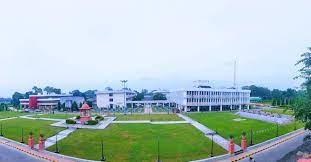
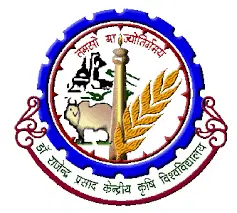
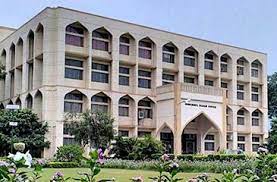



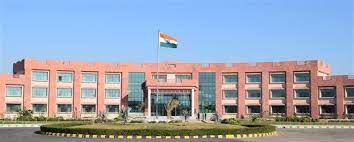



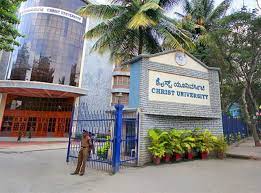
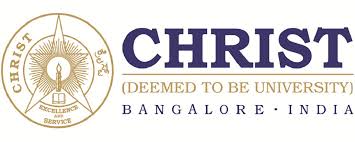


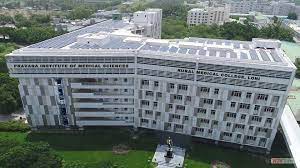
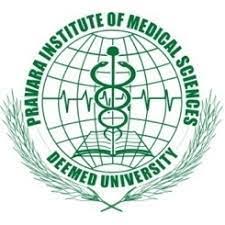


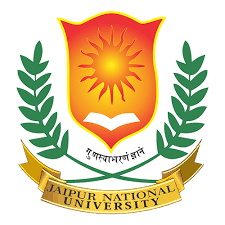






 back
back